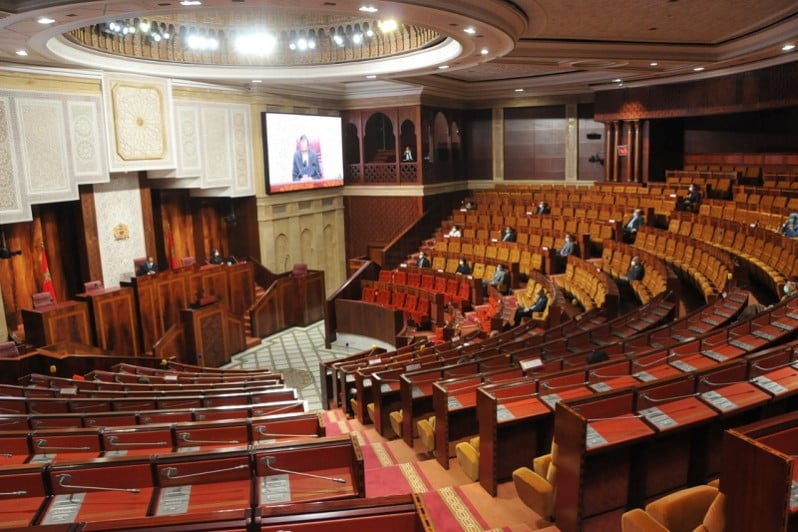Morocco is preparing to take a decisive step in overhauling its electoral system, with a new draft law approved on October 19 by the Council of Ministers aiming to bring sweeping changes to how parliamentary elections are conducted. This legislative effort comes at a time when public trust in political institutions is alarmingly low, and the country is still reeling from a series of scandals that have plagued its legislature. Since 2021, more than twenty members of parliament have had their mandates revoked following convictions for fraud and corruption, exposing deep cracks in the political framework.
At the heart of this reform lies a clear objective: to restore integrity to public office. Under the new rules, anyone with a final conviction—regardless of whether the sentence includes actual jail time or is suspended—will be banned from running for office. Those caught red-handed in electoral violations will also be disqualified. The message is unambiguous: the days of unchecked impunity in Moroccan politics may finally be numbered.
But the changes go beyond criminal accountability. One of the most significant innovations is the introduction of a fully digital application system. All candidacies must now be submitted online through a government-run platform. Any application not filed electronically will be automatically rejected. This move aims to increase transparency and reduce opportunities for manipulation behind closed doors. However, the success of this digital leap will depend heavily on infrastructure. In rural or underserved areas, where internet access is patchy at best, there are growing concerns that this reform could deepen a new kind of divide—one driven not by wealth or education, but by access to technology.
Another standout feature of the bill is its focus on inclusion. Candidates under 35 will now be eligible for state funding covering up to 75% of their campaign costs, a move designed to attract younger voices to the political arena. For the first time, each region will be required to submit all-female candidate lists, a mandatory step toward improving gender balance in the lower house of parliament. These measures are part of a broader push to diversify political leadership in a country where decision-making is still largely dominated by entrenched elites. The reform seeks to breathe new life into a political class often seen as disconnected from the realities of everyday citizens.
The legislation also introduces a robust framework to police digital content during election periods. Any attempt to use artificial intelligence for voter manipulation, or the spread of false information for political gain—whether domestically or from abroad—will face strict penalties. While this represents a significant move to counter misinformation, it also raises delicate questions about free speech. Striking a balance between curbing electoral disinformation and protecting legitimate political critique will depend heavily on judicial interpretation. The line between safeguarding democracy and suppressing dissent could become dangerously thin.
The legal framework is in place, but enforcement will be the true test. The law grants expanded powers to regional governors, judicial authorities, the Court of Auditors, and the Constitutional Court, all of which can now nullify candidacies or cancel elections. However, the effectiveness of these mechanisms will hinge on their impartial application, free from political calculations or backroom influence. This is where the reform’s credibility will either be cemented or compromised.
At its core, this legislative package reflects a political will to clean house and respond to growing public demands for integrity, accountability, and a more modern political system that aligns with Morocco’s evolving economic ambitions. Yet its success will not rest on the clarity of legal clauses or the sophistication of digital platforms. It will depend on how political actors behave, how institutions function, and how resistant old habits prove to be.
In a political landscape still shaped by elite continuity and patronage, meaningful reform requires more than rules—it demands a cultural shift. The legal scaffolding is there, but unless political parties break away from tribal loyalties and opportunism, true transformation will remain elusive. The law sets the direction. Whether anyone is willing to follow it remains to be seen.
